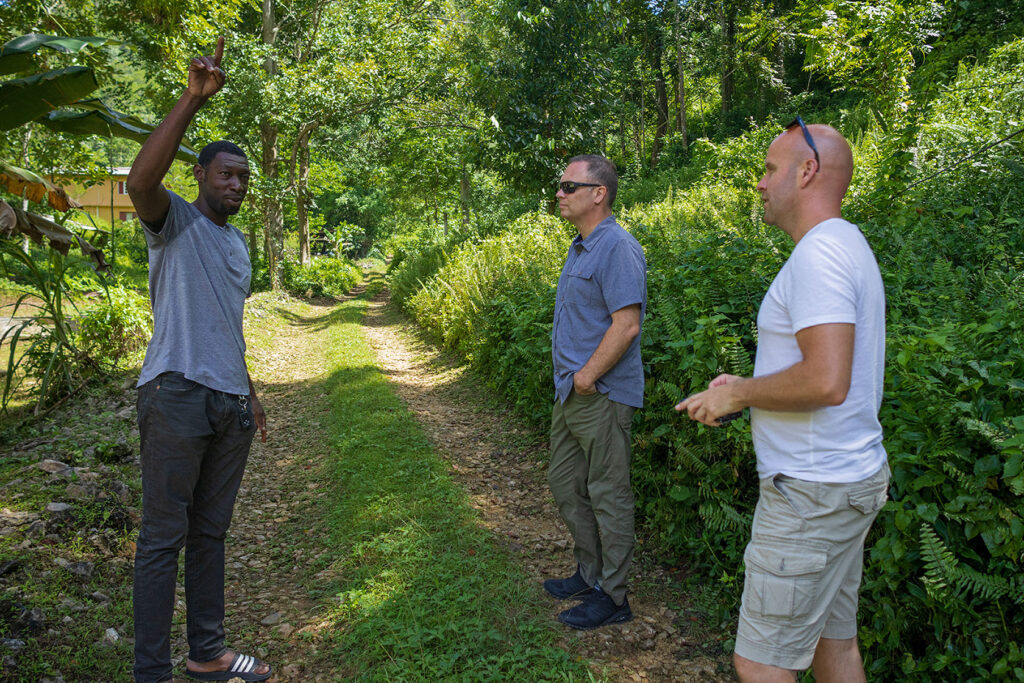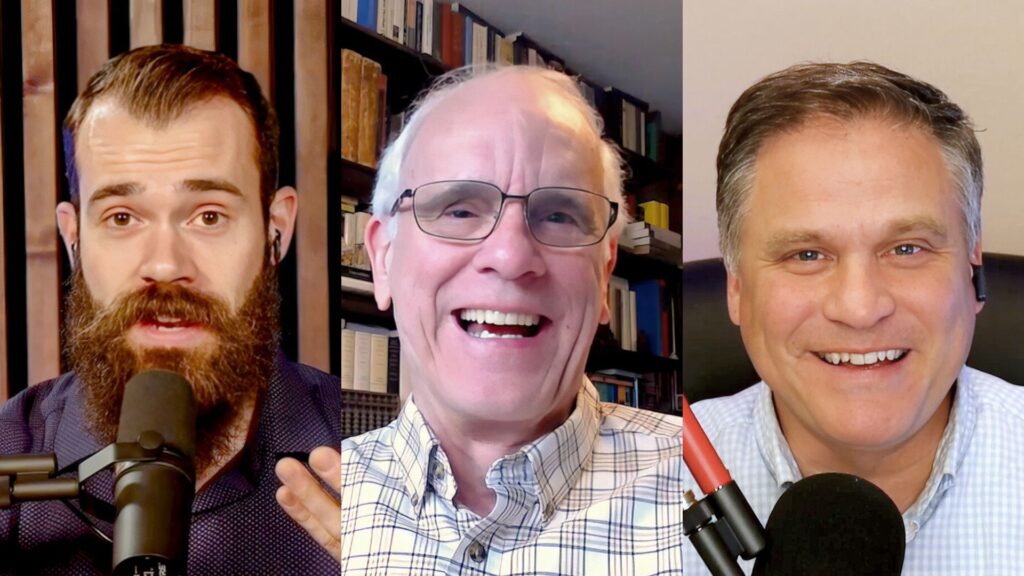I’ve never found a good answer to that question. I know that I’m supposed to have a compelling two-minute elevator pitch describing what I do, but it’s often difficult to determine which answer best fits the purpose of the question. Sometimes people ask in order to find out if we are doing in-the-trenches, tip-of-the-spear missions work like church planting and door-to-door evangelism, or if we are in a support role like accounting or teaching missionaries’ kids, which can be seen as less crucial to the Great Commission.
This line of thinking leads us to believe that there are two kinds of missionaries: those who work on the front lines and those who work in the background. But this dichotomy confuses the location of the spiritual battle we are supposed to be fighting. Our spiritual battle doesn’t happen only at the door of a church building—the battle is in our hearts and in the heart of every individual. Encouraging believers and calling unbelievers to repentance are two wings of the same battlefront. All missionaries who are faithfully fulfilling their roles are the “real” missionaries.
Who then is a faithful and sensible slave, whom his master has put in charge of his household, to give them food at the proper time? That slave whose master finds him working when he comes will be rewarded (Matthew 24:45-46).
As it turns out, there really are two kinds of missionaries, but the categories are not “frontline” and “background.” The two kinds of missionaries are faithful and unfaithful servants. We each have different gifts and abilities, which will complement each other in our common goal. The key question we should ask ourselves is: “are we being faithful where we have an opportunity to serve?”
If the foot should say, “Because I’m not a hand, I don’t belong to the body,” in spite of this it still belongs to the body. And if the ear should say, “Because I’m not an eye, I don’t belong to the body,” in spite of this it still belongs to the body. If the whole body were an eye, where would the hearing be? If the whole body were an ear, where would the sense of smell be? But now God has placed each one of the parts in one body just as He wanted. And if they were all the same part, where would the body be? Now there are many parts, yet one body. So the eye cannot say to the hand, “I don’t need you!” Or again, the head can’t say to the feet, “I don’t need you!” But even more, those parts of the body that seem to be weaker are necessary (1 Corinthians 12:15-22).
The foot is literally serving in a support role for the rest of the body. It supports the weight of the body when standing, walking, or running. Like a physical body, the church body isn’t going to get anywhere if it doesn’t value and take care of its feet. While the metaphorical roles of the hands and mouth (i.e. teaching, public speaking, and mercy ministries) are more visible, we can’t underestimate the value of those who make ministries possible through less visible means of support.
In Acts 6, when the apostles heard that the needs of the local widows were not being met, they didn’t choose between physical service and teaching by dropping one of these ministries. They continued to serve according to the gifts and roles God had given them, and they appointed additional men who would be faithful to serve the church by using their giftings to help those in the church needing care. Like the early church, even in times of great difficulty, we can’t neglect any aspects of our biblical ministry.
Since the spiritual battle we are waging takes place in the hearts of both believers and unbelievers, we can’t ignore any battlefront of the war. We need to prepare our own hearts for service to God according to whatever gifts and abilities God has given us. We, as a body of believers, must be prepared to fight the spiritual battle of holiness and service within our own hearts, and collectively as local bodies of Christ, in order that we might be prepared to work together in sharing the truth of God’s Word with unbelievers.




